Halifax: House prices bounce in February, but market remains subdued
Latest house prices show a rise in February - has the potential house price crash stalled?

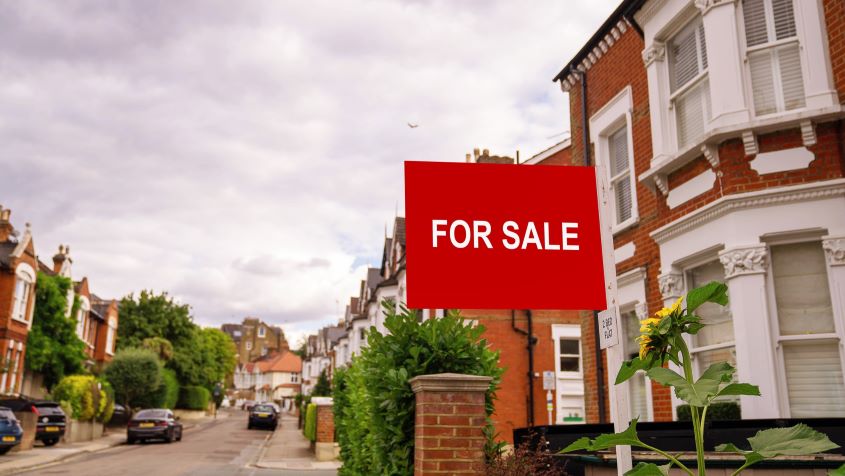
Get the latest financial news, insights and expert analysis from our award-winning MoneyWeek team, to help you understand what really matters when it comes to your finances.
You are now subscribed
Your newsletter sign-up was successful
Want to add more newsletters?

Twice daily
MoneyWeek
Get the latest financial news, insights and expert analysis from our award-winning MoneyWeek team, to help you understand what really matters when it comes to your finances.

Four times a week
Look After My Bills
Sign up to our free money-saving newsletter, filled with the latest news and expert advice to help you find the best tips and deals for managing your bills. Start saving today!
UK house prices unexpectedly bounced back in February, with the latest Halifax data showing a 1.1% increase in February, following a period of flat growth of three months previously.
The price of a typical UK property now stands at £285,476, compared to £282,360 in January.
The February house price rise indicates consumer confidence is returning and potentially a u-turn of house prices declining. Nationwide’s data last month also indicated house prices were not falling as fast as expected.
MoneyWeek
Subscribe to MoneyWeek today and get your first six magazine issues absolutely FREE

Sign up to Money Morning
Don't miss the latest investment and personal finances news, market analysis, plus money-saving tips with our free twice-daily newsletter
Don't miss the latest investment and personal finances news, market analysis, plus money-saving tips with our free twice-daily newsletter
The annual rate of UK house price growth remained at 2.1% for the third month, but it slowed throughout all nations and regions in February.
The property market has been cooling down following three years of booming growth as buyers retreat from the market due to increased mortgage rates and cost of living pressures.
But mortgage rates have been falling as of late. Two- and five-year fixed rate mortgages sit between 4 to 5%, having climbed down from their September peak of 6.65% following the mini-Budget chaos.
But, they remain high compared to the end of 2021, when lenders were offering rates of around 2%.
“Recent reductions in mortgage rates, improving consumer confidence, and a continuing resilience in the labour market are arguably helping to stabilise prices following the falls seen in November and December,” said Kim Kinnaird, director at Halifax Mortgages.
“Still, with the cost of a home down on a quarterly basis, the underlying activity continues to indicate a general downward trend.”
How did house prices change per region?
The annual rate of growth slowed in all regions last month. It fell most significantly in the North East, slowing from 3.6% in January to 1.1% in February. The typical home in the region now costs £163,953.
In London the average house price fell by 0.9% to £526,842 from £530,416 the previous month. This could be due to the city’s large proportion of flats, which have seen their prices stagnate.
Homes in London cost £240,000 more than the UK national average.
In Wales annual growth slowed to 1.2% in February from 1.9% in January, meaning the average price tag on a home is now £198,779.
Scotland saw the smallest fall in annual growth – the average price for a home is £198,779 as house prices slowed marginally from 2.3% in January to 2.2% in February.
Buyers in Northern Ireland will now pay £185,009 on average, an annual growth rate of 5.7% from 7% in January.
The buyers’ market returns
There is “mounting evidence that the housing market is seemingly in a pendulum moment — swinging back in a buyer’s market direction”, says Myron Jobson, senior personal finance analyst at interactive investor.
Sellers are having to accept discounts of up to £14,000 – the biggest discount in five years – as they re-price their homes, according to the latest data from Zoopla.
Additionally the stock of homes for sale is increasing – up by 60% from this time last year. The increase in choice allows buyers to drive a harder bargain.
“For those selling, it is essential to be realistic about the current market conditions and adjust pricing expectations accordingly,” says Charlotte Nixon, mortgage expert at Quilter.
“There must be a mental shift away from the years of the pandemic when the market was incredibly hot but for many this will still mean that their house has increased in price particularly if bought over ten years ago.”
Where next for house prices?
Halifax’s data differs vastly from Nationwide’s, released earlier this month. But what most house price indexes seem to agree on is that property prices are falling.
“The conflicting assessments is symptomatic of a hiccupping market that is adjusting to a come down from the blistering pace of house price growth over the past few years,” says Jobson.
House prices grew by 20.4%, or £48,620, over the last three years, according to Halifax, compared to growth of 7.8% over the previous three years.
The explosive growth was fuelled by cheap borrowing costs, stamp duty cuts and built up savings throughout the pandemic.
But now mortgage rates are far higher due to a series of interest rate increases by the Bank of England (BoE).
The base rate is currently sitting at 4%, and it’s widely expected to rise by 0.25%-0.50% when the BoE next meets late March as it attempts to control stubborn inflation.
Mortgage lenders are starting to offer deals below the base rate for the first time since last September as they try to lure buyers back in.
The employment market has also held up – unemployment is near a record low. This combination has likely helped the market. But it’s “far too early to be calling a soft landing”, says Sarah Coles, head of personal finance at Hargreaves Lansdown.
“There are still an awful lot of challenges facing the market, which means it’s likely to decline from here, and we can’t rule out something more substantial.”
Get the latest financial news, insights and expert analysis from our award-winning MoneyWeek team, to help you understand what really matters when it comes to your finances.
Nic studied for a BA in journalism at Cardiff University, and has an MA in magazine journalism from City University. She has previously worked for MoneyWeek.
-
 Should you buy an active ETF?
Should you buy an active ETF?ETFs are often mischaracterised as passive products, but they can be a convenient way to add active management to your portfolio
-
 Power up your pension before 5 April – easy ways to save before the tax year end
Power up your pension before 5 April – easy ways to save before the tax year endWith the end of the tax year looming, pension savers currently have a window to review and maximise what’s going into their retirement funds – we look at how
-
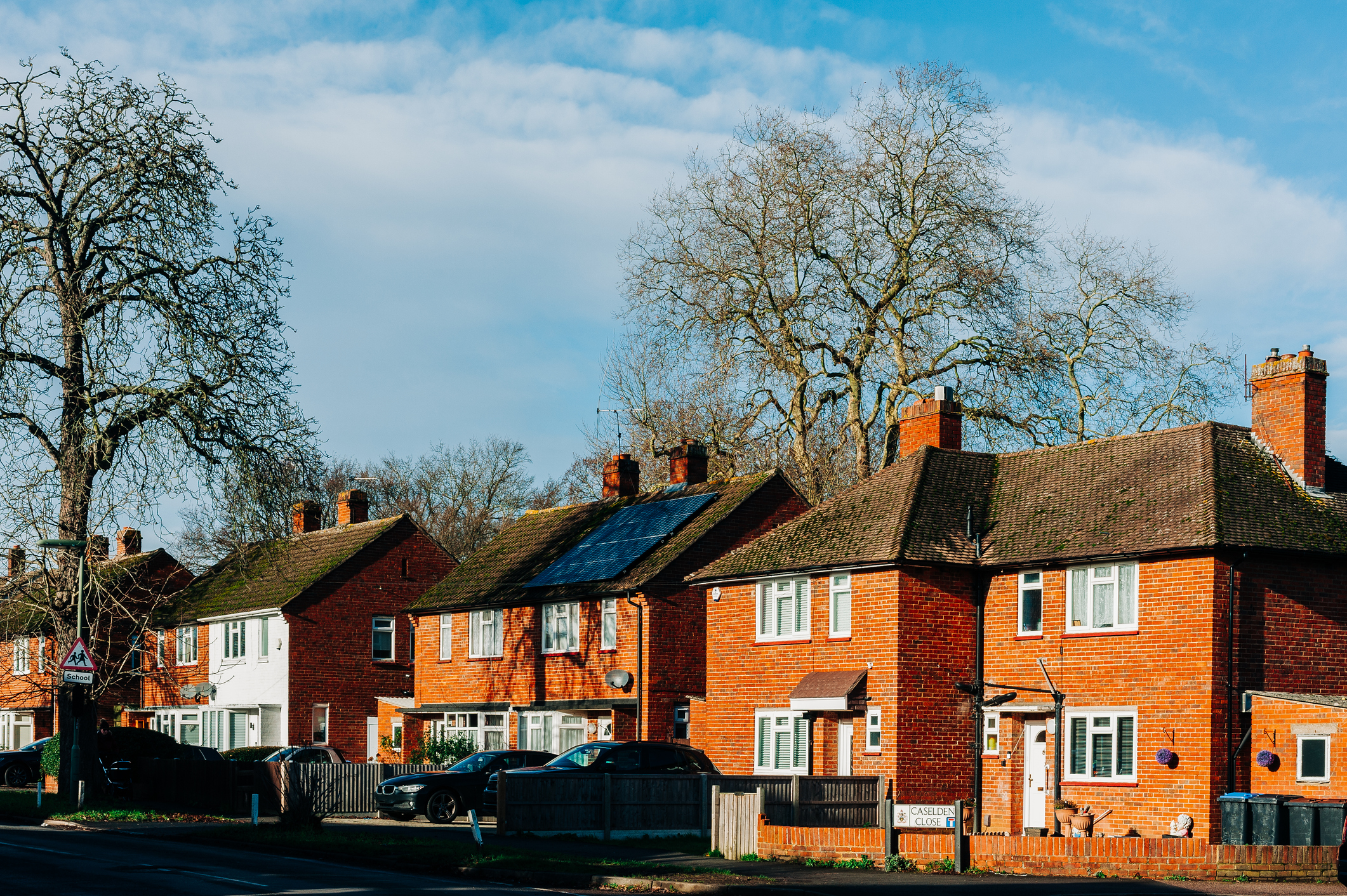 Nationwide: UK house price growth bounced back in January
Nationwide: UK house price growth bounced back in JanuaryHouse price growth slowed in 2025 but the new year is showing more positive signs for the property market
-
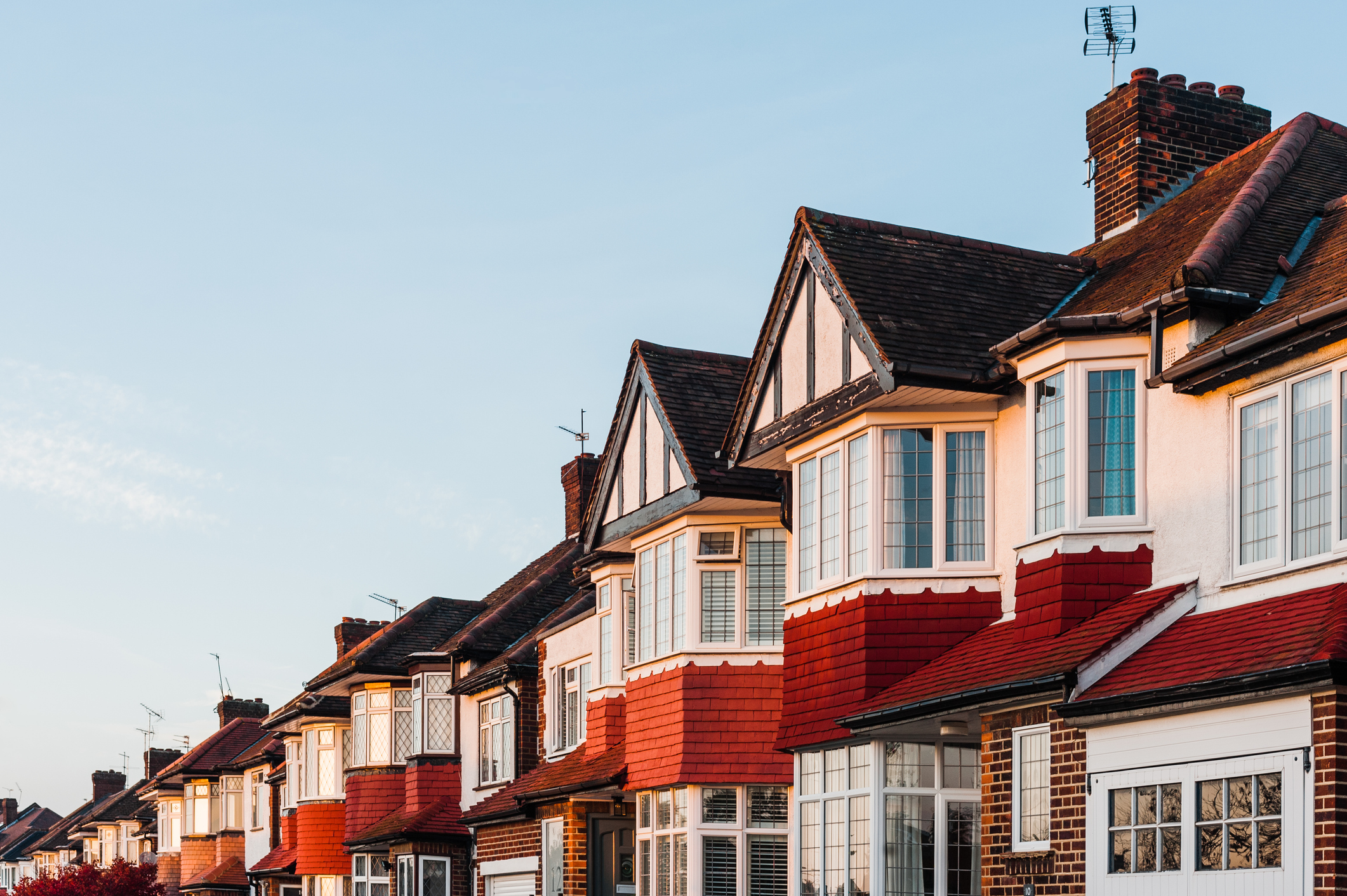 Nationwide: House price growth slows but market remained resilient despite Budget worries
Nationwide: House price growth slows but market remained resilient despite Budget worriesThe average price of a house in the UK was £272,998 in November, as annual house price growth slowed to just 1.8%, Nationwide said.
-
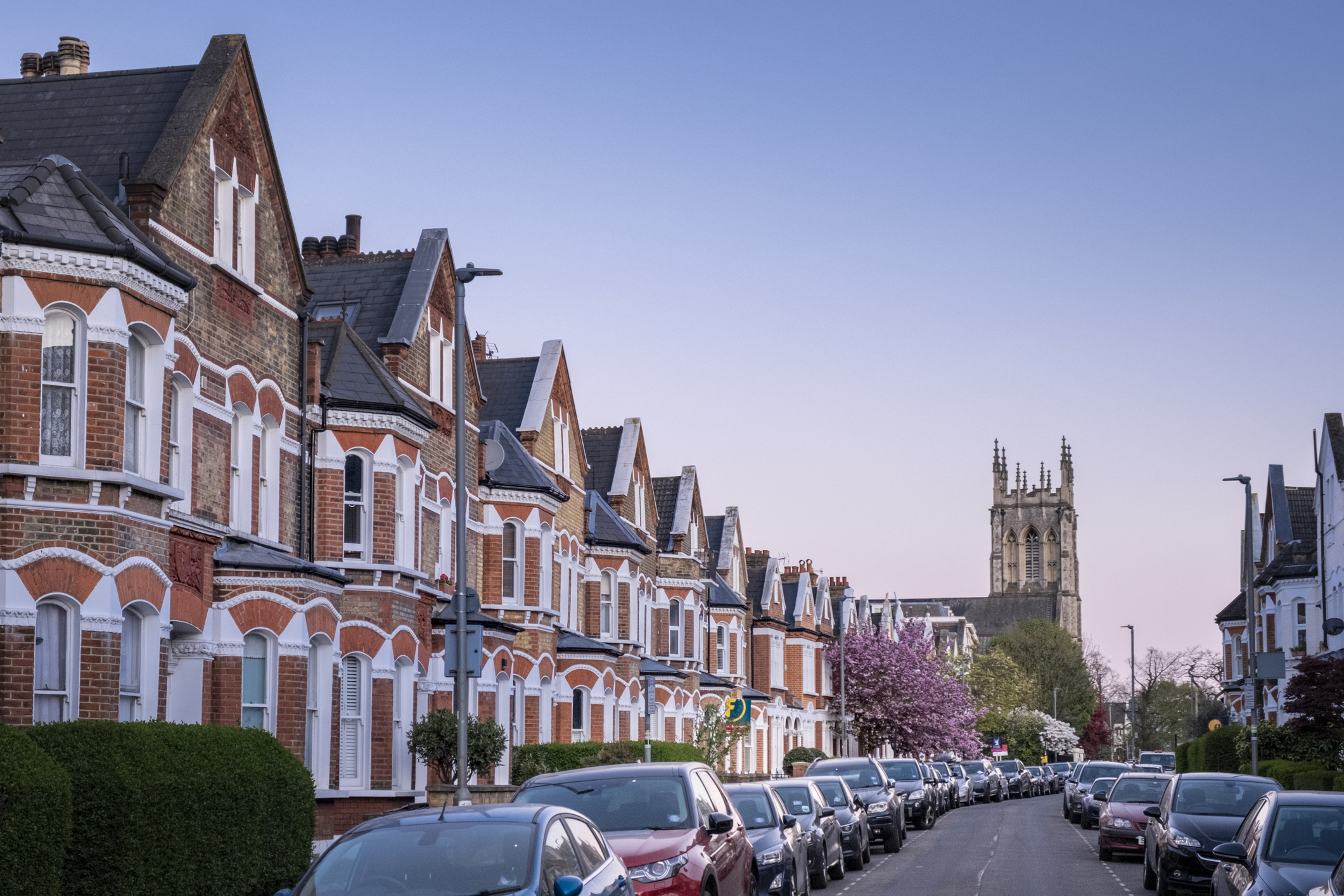 London house prices to outperform rest of UK, says economist
London house prices to outperform rest of UK, says economistAfter years of underperformance, London house prices are set to grow faster than the rest of the country, according to Capital Economics. We look at the reasons behind this forecast – and whether other experts agree
-
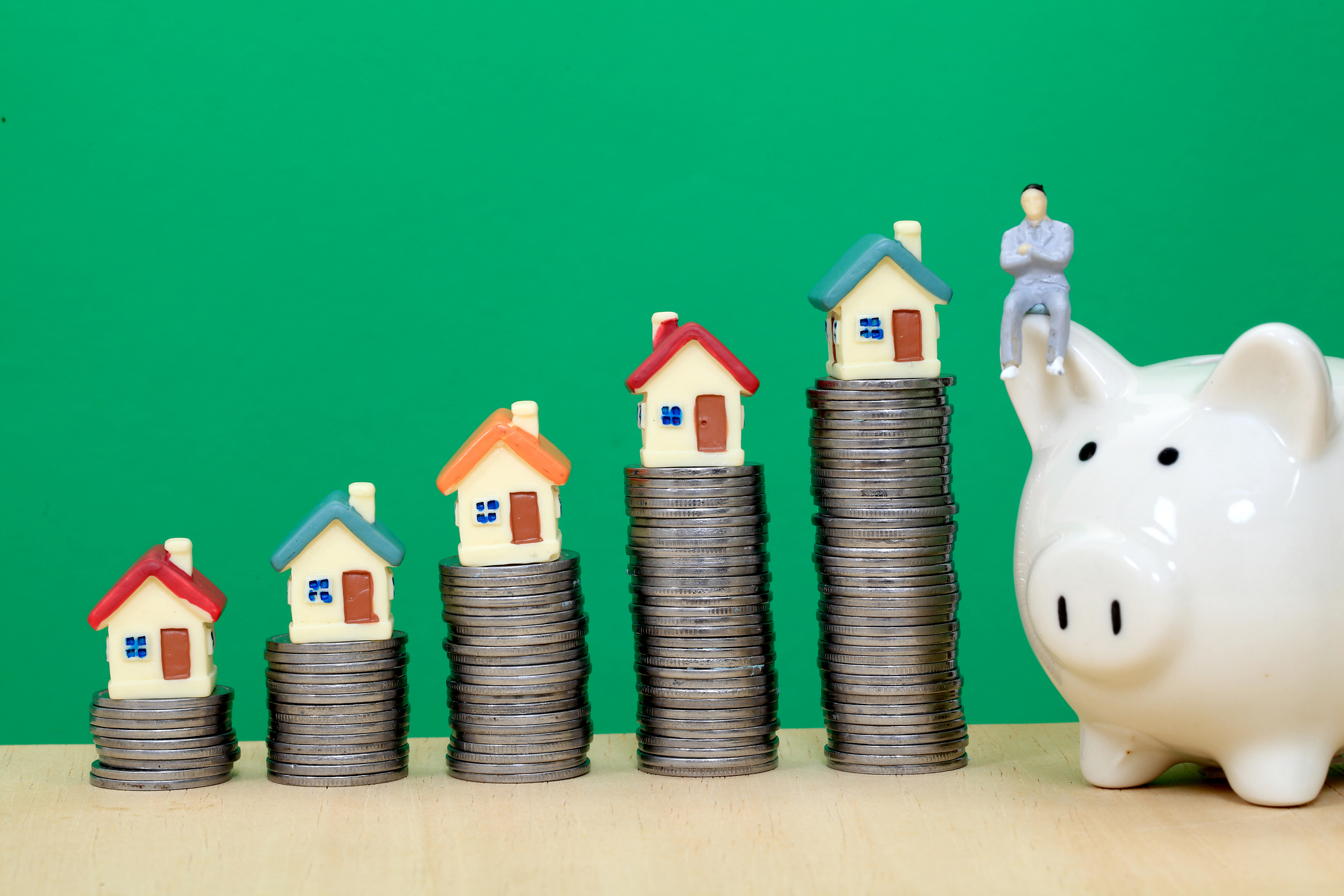 Nationwide: Average house prices rose in January – will property values recover in 2024?
Nationwide: Average house prices rose in January – will property values recover in 2024?News The latest Nationwide house price index shows lower mortgage rates are boosting house prices. What does this mean for the property market?
-
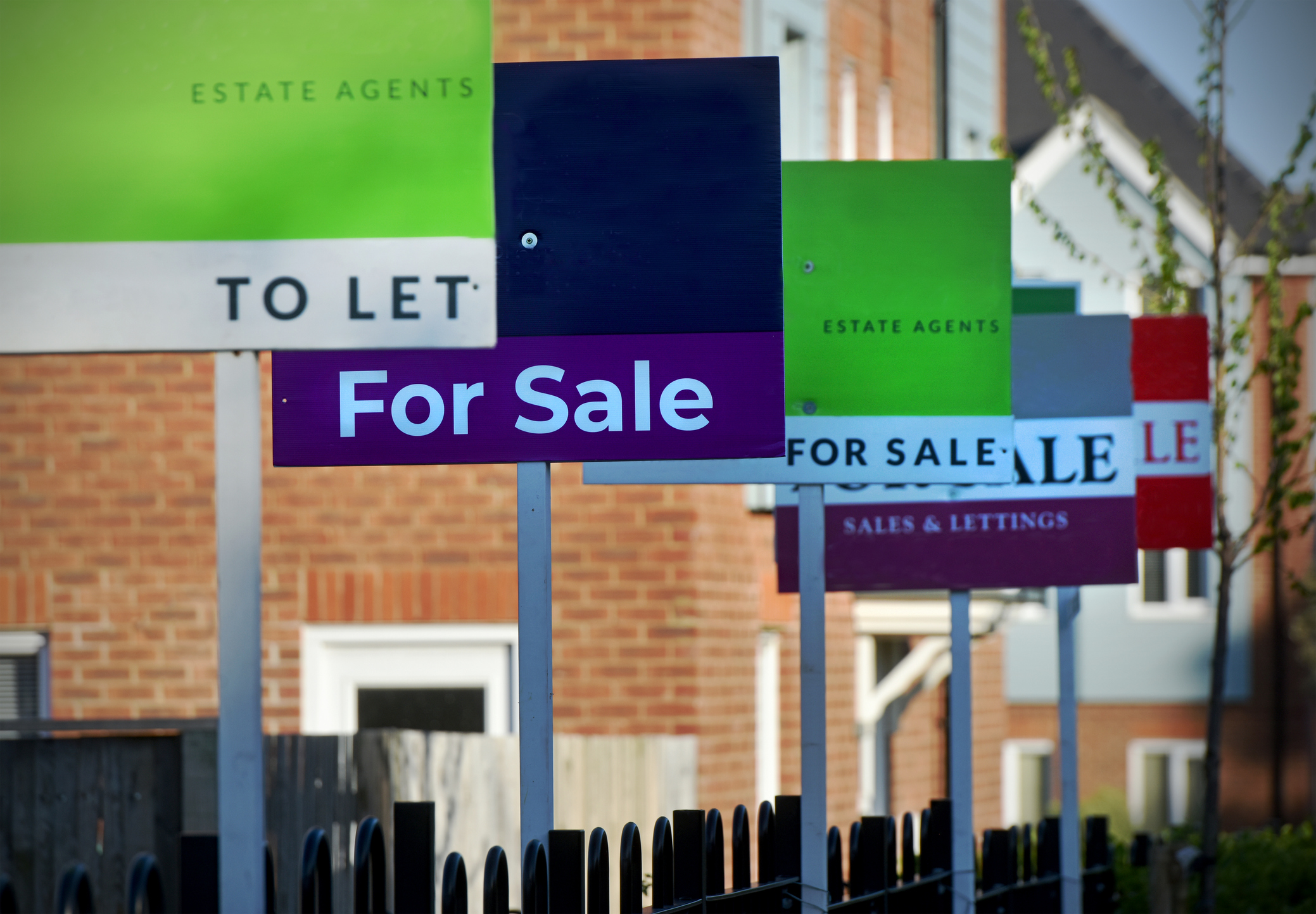 Nationwide: House prices fell by 1.8% in 2023 – will they drop further this year?
Nationwide: House prices fell by 1.8% in 2023 – will they drop further this year?News Nationwide’s latest house price index reveals how the property market performed in 2023
-
 Halifax: House price slump continues as prices slide for the sixth consecutive month
Halifax: House price slump continues as prices slide for the sixth consecutive monthUK house prices fell again in September as buyers returned, but the slowdown was not as fast as anticipated, latest Halifax data shows. Where are house prices falling the most?
-
 Rents hit a record high - but is the opportunity for buy-to-let investors still strong?
Rents hit a record high - but is the opportunity for buy-to-let investors still strong?UK rent prices have hit a record high with the average hitting over £1,200 a month says Rightmove. Are there still opportunities in buy-to-let?
-
 Pension savers turn to gold investments
Pension savers turn to gold investmentsInvestors are racing to buy gold to protect their pensions from a stock market correction and high inflation, experts say
